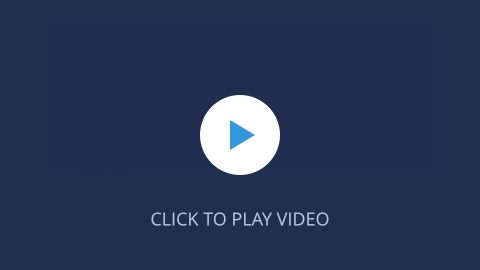Are you a math person, Reader?
This Pi day, the giving circle I’m a part of hosted a screening of the documentary Counted Out, which explores how, “in the 21st century, fueled by technology, data, and algorithms, math determines who has the power to shape our world.”
In the small group discussions following the screening, the facilitators began by asking everyone to share whether they consider themselves a math person or not, and let me tell you, it turned into something akin to a therapy session real quick. Lots of baggage out there around math.
As our facilitator pointed out, toddlers LOVE counting and categorizing everything. When does that change? When does that natural love for math get turned into fear? And what can we do about it?
To answer those questions, the film features “scenes of math transformation in action,” and I was struck by how similar these are to scenes of community health transformation in action.
Not in terms of the subject matter or who specifically is at the table, but in terms of the core lessons around how to better communicate, connect, and build capacity.
Here are some key ideas from Counted Out and the parallels I see in the work of community health coalitions:
Use their words and experiences to shape your message.
Counted Out asks viewers to consider, how do we use the language young people own so they can better access the language of math? One teacher described the importance of giving students the opportunity to express their experiences in life in their own words. Then, the teacher noted, it’s easier for them as a teacher to find a way to express a math concept in a way that uses the student’s words and helps them connect to it.
→ Here at PoP Health, we talk often about the difference between hearing and truly listening to what community members have to say. It can drive and shape our work in a myriad of ways, and the more we use their words and experiences in shaping and communicating our messages, the more our messages will resonate with them.
Make sure your examples improve understanding of real-world phenomena.
One of the interviewees in Counted Out shares a great example of a terrible math problem - one that’s intended to be a real-life application, but ends up just the opposite. “Chris drinks his milkshake at a constant rate. If he drinks one ounce per second…” a problem might begin. In the documentary, the interviewee notes that no one drinks a milkshake at a constant rate in real life! He argues that an example problem should improve students’ understanding of real life phenomena, not make it worse.
→ I think this is a great philosophy for the kinds of examples we share with community members too. If we’re oversimplifying in ways that worsen their understanding of the real life workings of the intersecting systems that impact their health, then we’re doing them a disservice. This is why I believe so deeply in orienting community towards root causes and systems.
Lighten up.
Perhaps my favorite quote from the documentary was a teenager saying “Math could just use some coffee. Lighten up.”
→ Just as the way math is taught is often too dry, so is the way we talk about community health! Bring in the humor, use silly gifs and visuals, tell a personal story, lighten up. Transport your audience.
Players, not spectators.
In Counted Out, there is talk of shifting to a mindset of students as players in the game of math education, not spectators.
→ This is the ultimate goal in community health transformation too - putting community members in the driver’s seat.
***
So, what do you think, Reader? Do these ideas ring true to you, whether with respect to math education or community health? How were you taught math? What worked and what didn’t? Drop me a line and let me know!
And to learn more about how to apply these and other lessons in the realm of community health, join me for a FREE webinar on April 2nd at noon - on action planning for community coalitions. Plus, exclusively for webinar attendees, you'll be able to book a free 30 minute assessment call with me to assess where your coalition is and what’s the right next step. If you haven't yet, be sure to register for the webinar at pophealthllc.com/webinar so you get the Zoom link.
I hope to see you there,
Vinu
PS Learn something in this newsletter? Spread the word! Forward this email to a friend or colleague who might want to weave their own community threads.
PPS Want to learn more about PoP Health and how we partner with community coalitions and collaboratives to transform health in communities through policy and systems change? Check out our website!
